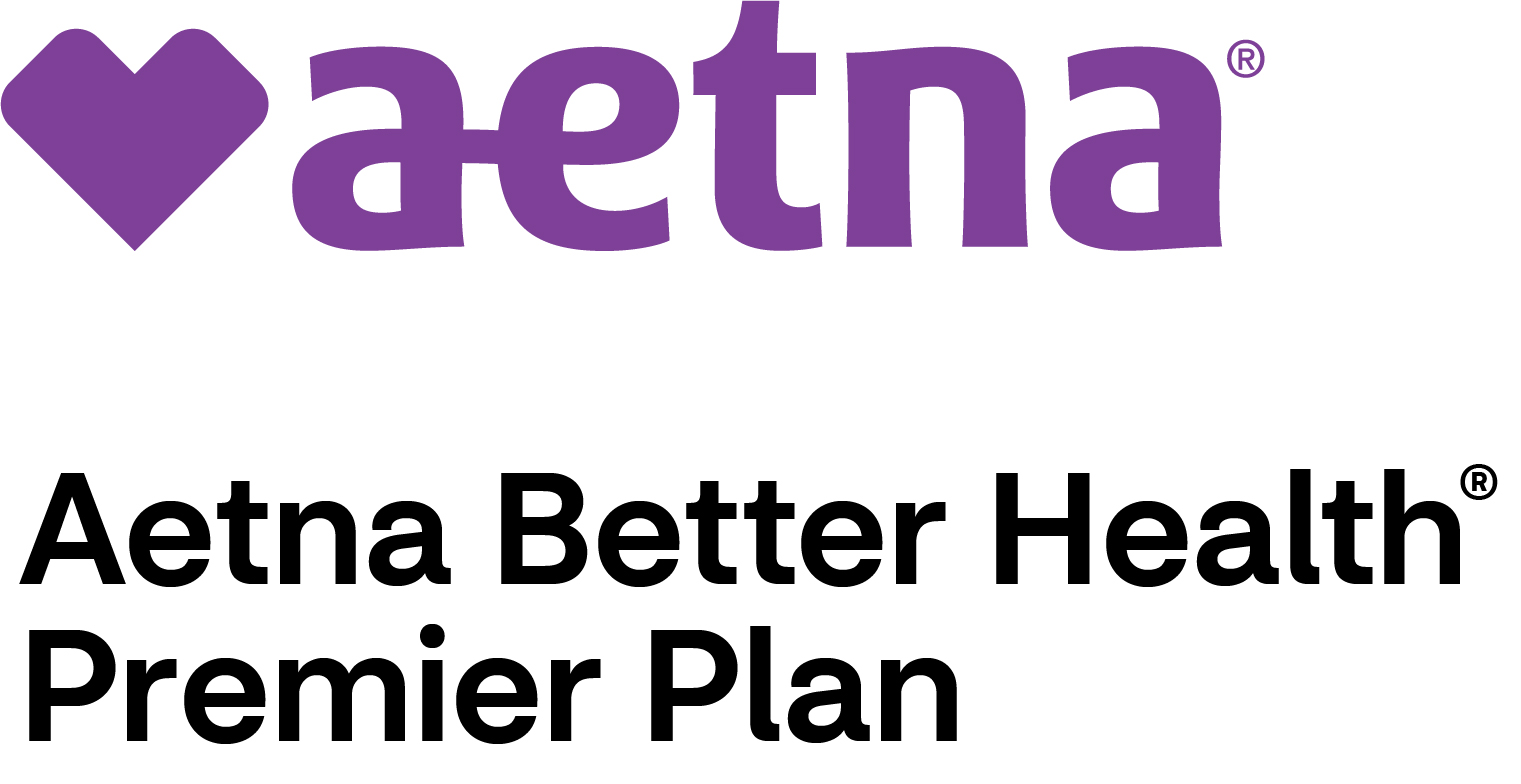Provider results
Advanced Directives
While we never want to think about the end of life, it is important that everyone plan for it. You should consider what kind of care you would want if you were unable to tell anyone your wishes.
There are legal documents that you can use to give your directions in advance. These documents are called advance directives. They include documents such as “living wills” or “power of attorney for health care.”
Aetna Better Health℠ Premier Plan has policies to help you arrange advance directives so that your wishes will be honored.
You have the right to give instructions about what should be done if you are not able to make medical decisions for yourself. This could be because of an accident or a serious illness. You have the right to say what you want if this happens to you.
This means that you can:
- Fill out a written form to give someone the legal authority to make medical decisions for you if you’re unable to make decisions yourself.
- Give your doctors written instructions about how to handle your medical care if you’re unable to make decisions yourself.
To make an advance directive, just follow these simple instructions:
Get the form
You can get an advance directive form from your lawyer or a social worker. Some office supply stores also have them. You can sometimes get these forms from organizations that give people information about Medicare.
Fill it out and sign it
This form is a legal document. You should think about having a lawyer help you with it.
Give copies to appropriate people
Give a copy of the form to your doctor. Give another to the person you name on the form as the one to make decisions for you if you can’t.
You may want to give copies to close friends or family members as well. Be sure to keep a copy at home.
If you know ahead of time that you are going to be hospitalized, take a copy of your advance directive with you to the hospital. If you are admitted to the hospital, the staff will ask you if you have signed an advance directive form and if you have it with you.

